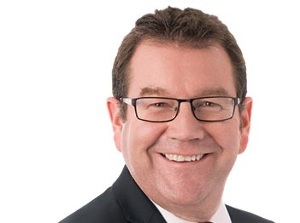
The Government has not moved on two of its biggest taxes affecting landlords – the 10-year brightline test and the phasing out of mortgage interest tax deductibility.
Instead in a large capital allocation, the Labour Government has put aside $3.1 billion for the building of 3,000 new state houses by 30 June 2025.
Finance Minister Grant Robertson says the housing crisis is not going to be fixed overnight and requires ongoing investment after the previous Government’s sell-off of state houses.
“Due to the rising cost of building products and services around the world, the Budget also invests $707 million total operating and $3.6 billion total capital to cover cost increases under the existing build programme funded through Budget 2020.”
Robertson says the country’s housing remains among the least affordable in the OECD. New Zealanders spend a greater share of their income on housing on average than most other OECD countries – up to 56% in some areas of the country.
Despite house prices easing by 16.8% since their November 2021 peak, they remain above their pre-COVID-19 level in nominal terms.
Robertson says building consents data suggests demand for building housing has returned to around its pre-COVID-19 level, with new residential building consents falling 9% in February to 3,206 monthly consents (seasonally adjusted).
“This is likely due to falling house prices, rising interest rates, and cost pressures weighing on intentions, Robertson says.
“While disruption from the Auckland Anniversary Weekend flooding and Cyclone Gabrielle may have contributed to the fall, the slowdown in consents is consistent with expectations of softening domestic construction activity.
“Activity is likely to be supported by rebuild and recovery work from the recent severe weather events, although this is not expected to fully offset the slowdown in construction activity,” Robertson says.
He says many low-income homes lack adequate insulation and efficient heating and $402.6 million will support the extension and expansion of the Warmer Kiwi Homes programme beyond June 2024.
Robertson says over four years, this investment will provide more than an estimated 100,000 installations of heating and insulation, 7,500 hot-water heat pumps and five million efficient LED light bulbs helping individuals and families with the cost of living through lower energy bills, while also improving wider health outcomes and reducing emissions through lower electricity consumption.


